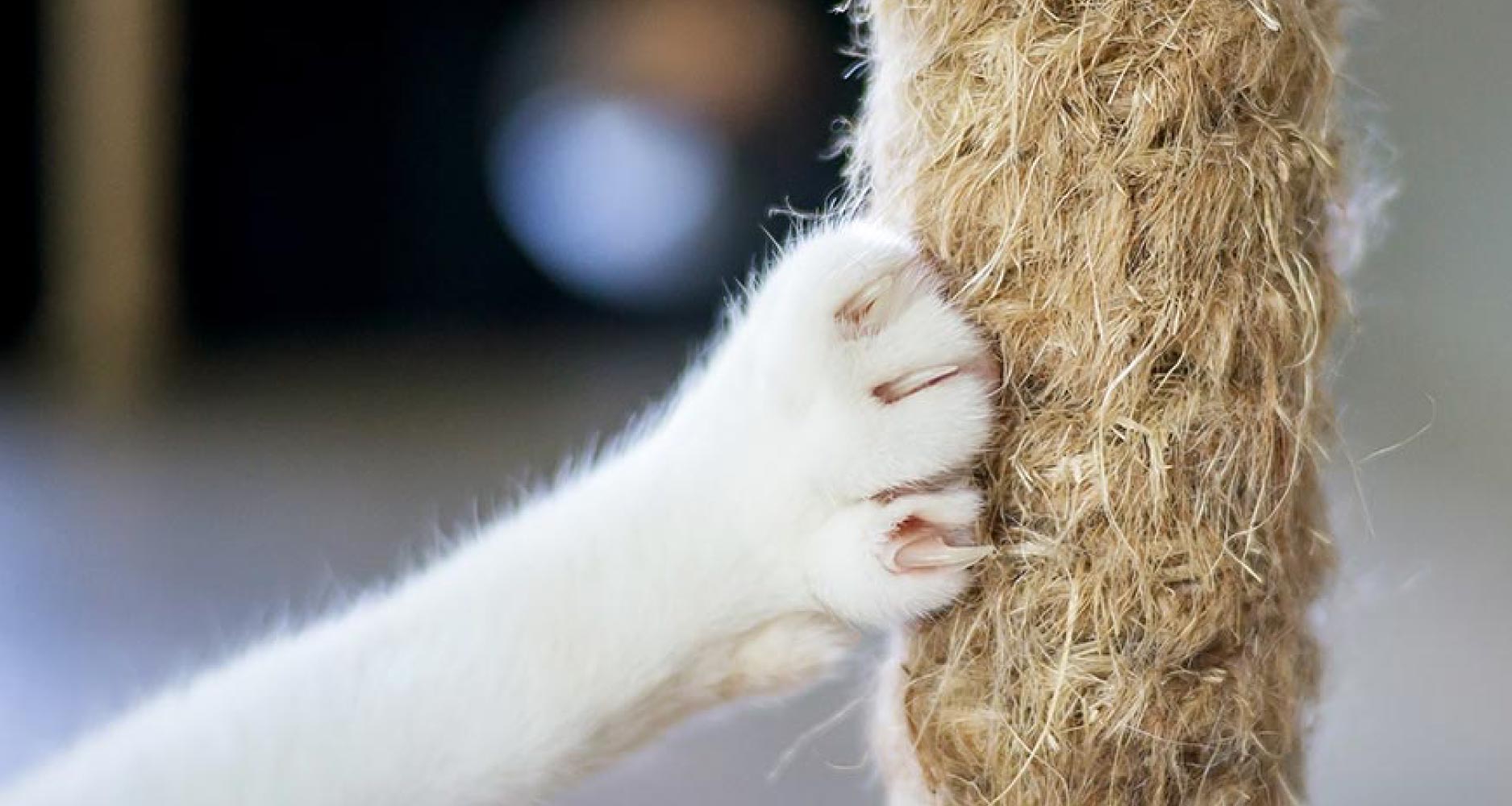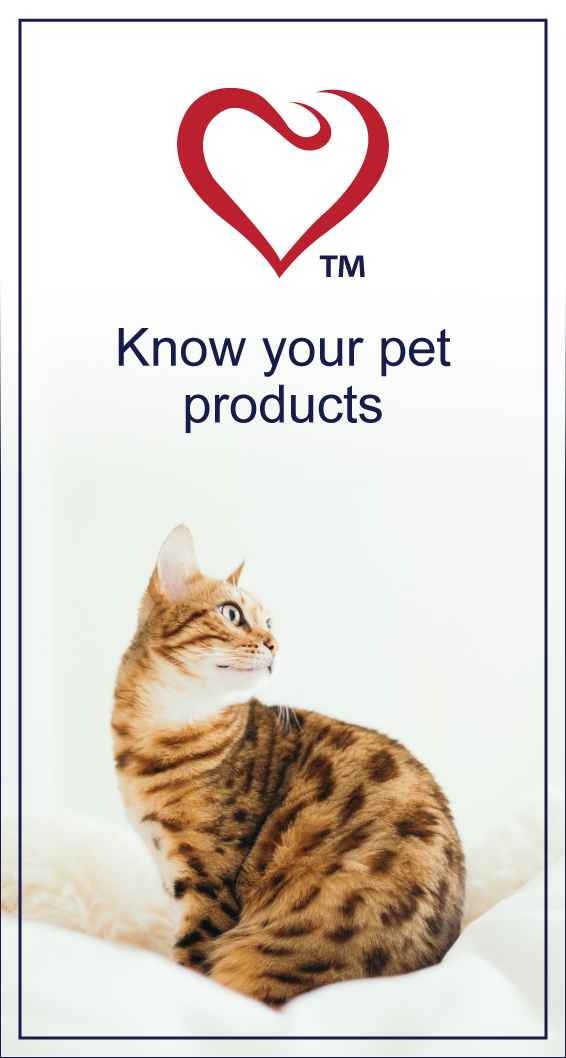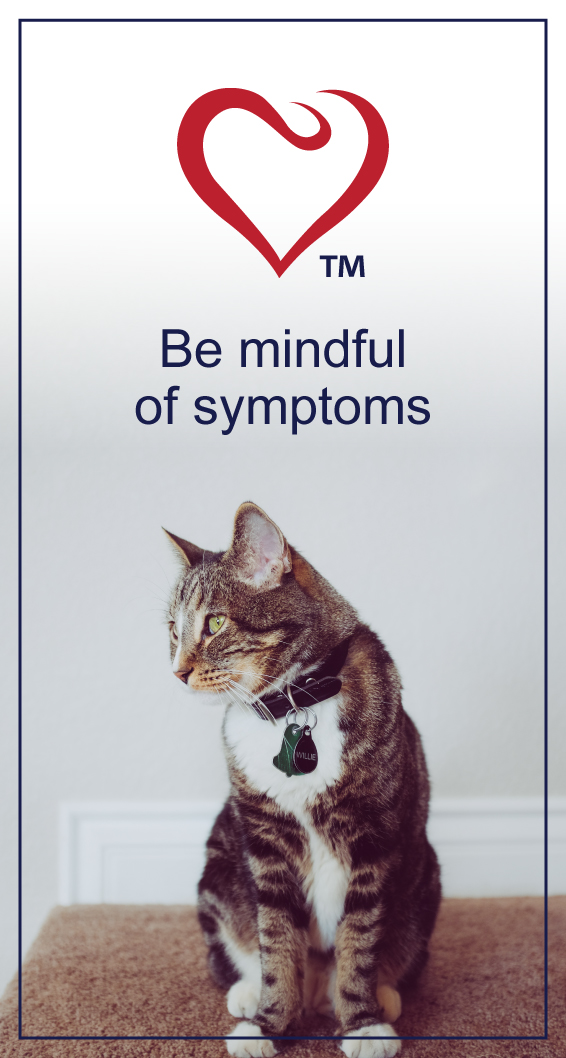
TRENDING

We’re excited and honoured to feature South Africa’s second largest independent animal welfare organisation on PetlifeSA.
CATS: Bites and Scratches

Most cats are relaxed, peaceful and tend to avoid confrontation. Still, there are times (as most cat owners know) when kitty can throw a crazy claw or nibble just a little bit too hard.
A bite or scratch can be painful and also get infected.
FIND OUT HOW TO STOP BITING AND SCRATCHING
This helpful article will discuss three sections:
- Part 1: Reacting to Bites and Scratches
- Part 2: Preventing Biting and Scratching
- Part 3: Understanding Why Cats Bite and Scratch
How To React
Step 1: Stay calm. Don’t shout at, hit, chase or punish your cat.
Step 2: Stop touching and keep your hands away. If she’s on your lap, stand up slowly and gently remove her. Walk away until calm is restored. Refrain from soothing, cuddling and petting your cat before she’s calm.
Step 3: Don’t get in the way if your cat wants to get out/escape. Step away and let your cat go wherever she intended then carry on.
Step 4: Use positive reinforcement, e.g. praising the cat for playing with a toy. Walk away and ignore your cat if she behaves inappropriately.
Step 5: Say “NO!” and point your finger at her when she bites or scratches you. Be authoritative, not mean. Also give an unimpressed stare to show dominance. Then, ignore her for about 10 minutes.
Step 6: If your cat is cheeky or aggressive: Clap your hands and firmly say “NO!” Don’t shout at or clap directly in your cat’s face. Repeat for reinforcement. (Nervous or timid cats will probably not benefit.)
Step 7: Don’t feed your cat after unfavourable behaviour (wait at least 20 minutes). You don’t want her to think it’s a reward.
How To Prevent
Step 1: Teach your kitten that biting ends games. Squeal, remove your hand and walk away. If the biting is affectionate, but unwanted, press back gently, rather than yanking your hand away.
Step 2: Cats need to bite, chew and scratch for fun and practice so don’t play with your hands and fingers. Give your cat toys.
Step 3: Regular playtime and attention (5 to 10 minutes a few times a day) can help to stimulate and wear your cat out.
Step 4: Most people recommend and agree that cats should be neutered/spayed (for health and uncontrolled breeding reasons). Neutered/spayed cats are less territorial and often less aggressive.
Step 5: Signs to watch out for: Your cat stops purring OR growls, whines or hisses; dilated pupils (accompanying other signs); skin rippling; flattened ears; bristling whiskers; and a slightly open mouth. A cornered cat may crouch and look from side to side in search of an exit.
Understanding Why
Step 1: Hand-reared kittens often don’t know how to moderate their play attacks. They do however give subtle signs when they want you to back off, so find out what they are and respond appropriately.
Step 2: Is your cat stressed, anxious or without an escape option? Don’t make sudden changes to your cat’s environment and make sure adults and children, whether known or unfamiliar, don’t bother your cat. Also try to restore calm and reduce noise.
Step 3: Is your cat just overly playful? If so, don’t encourage attacking your body in any form. Using hands as “toys” can result in painful behavioural issues in the future.
Step 4: Is your cat ill or in pain? A sick cat or one experiencing pain may lash out. Check for signs of sickness (weight loss, vomiting, excessive thirst, etc.) and pain (scratching, biting, yowling, change in mood). If these symptoms are present, or if you’re unsure, book a veterinary appointment.
Some (often older) cats just don’t like being picked up, so take that into consideration as well. Tell visitors to be gentle or to leave the cat alone.
Sometimes they just need space.
Related Article













